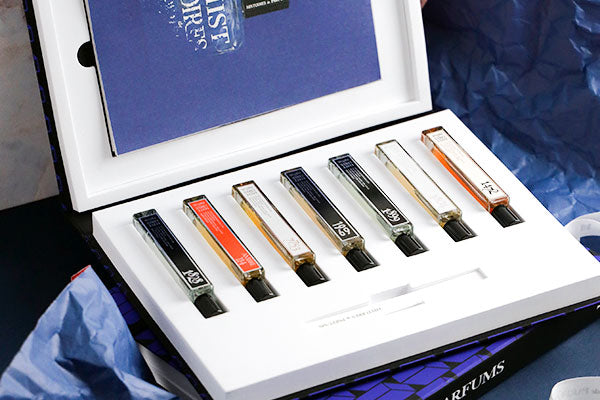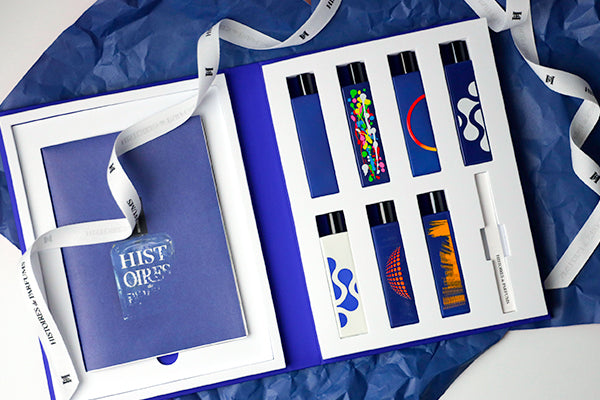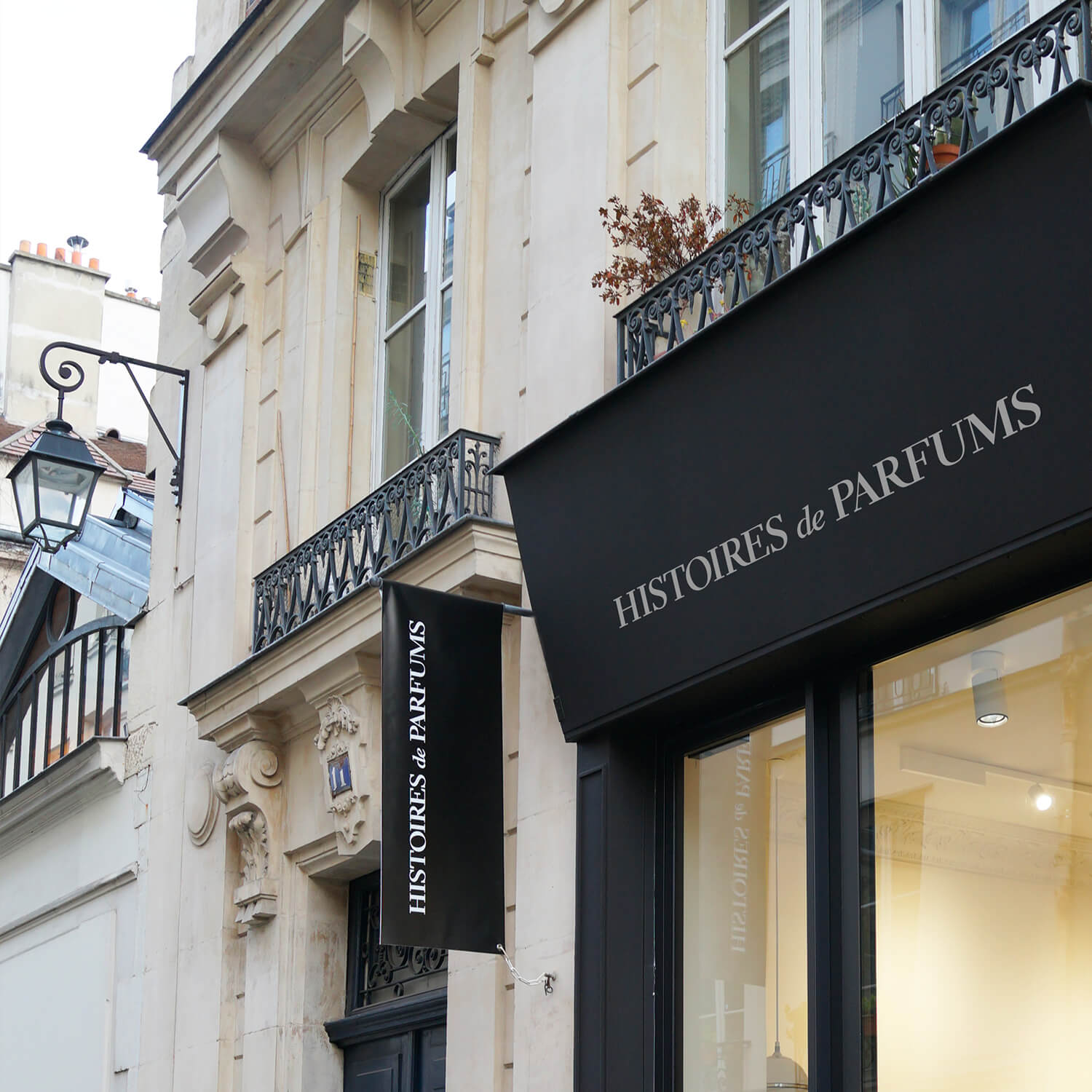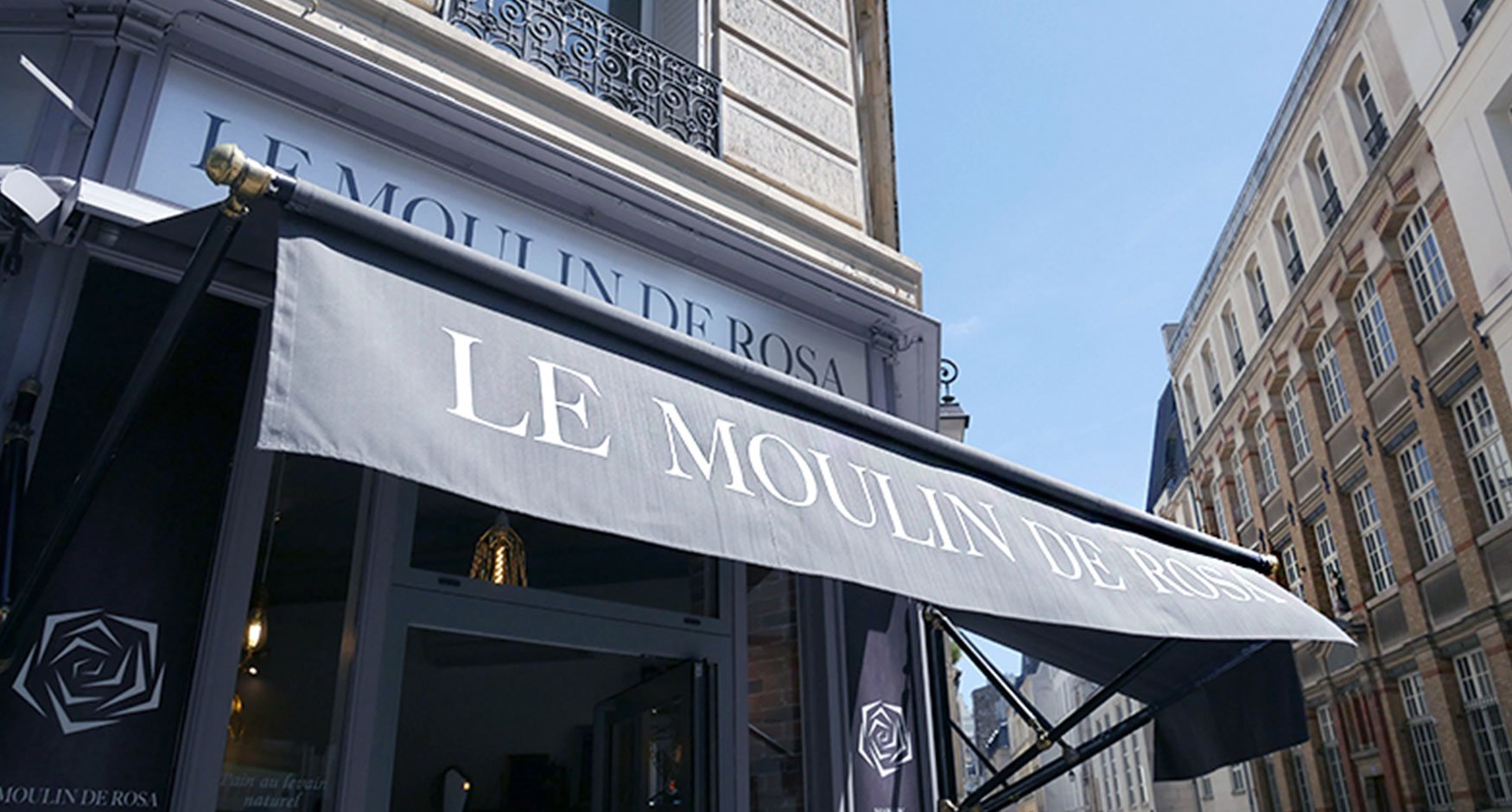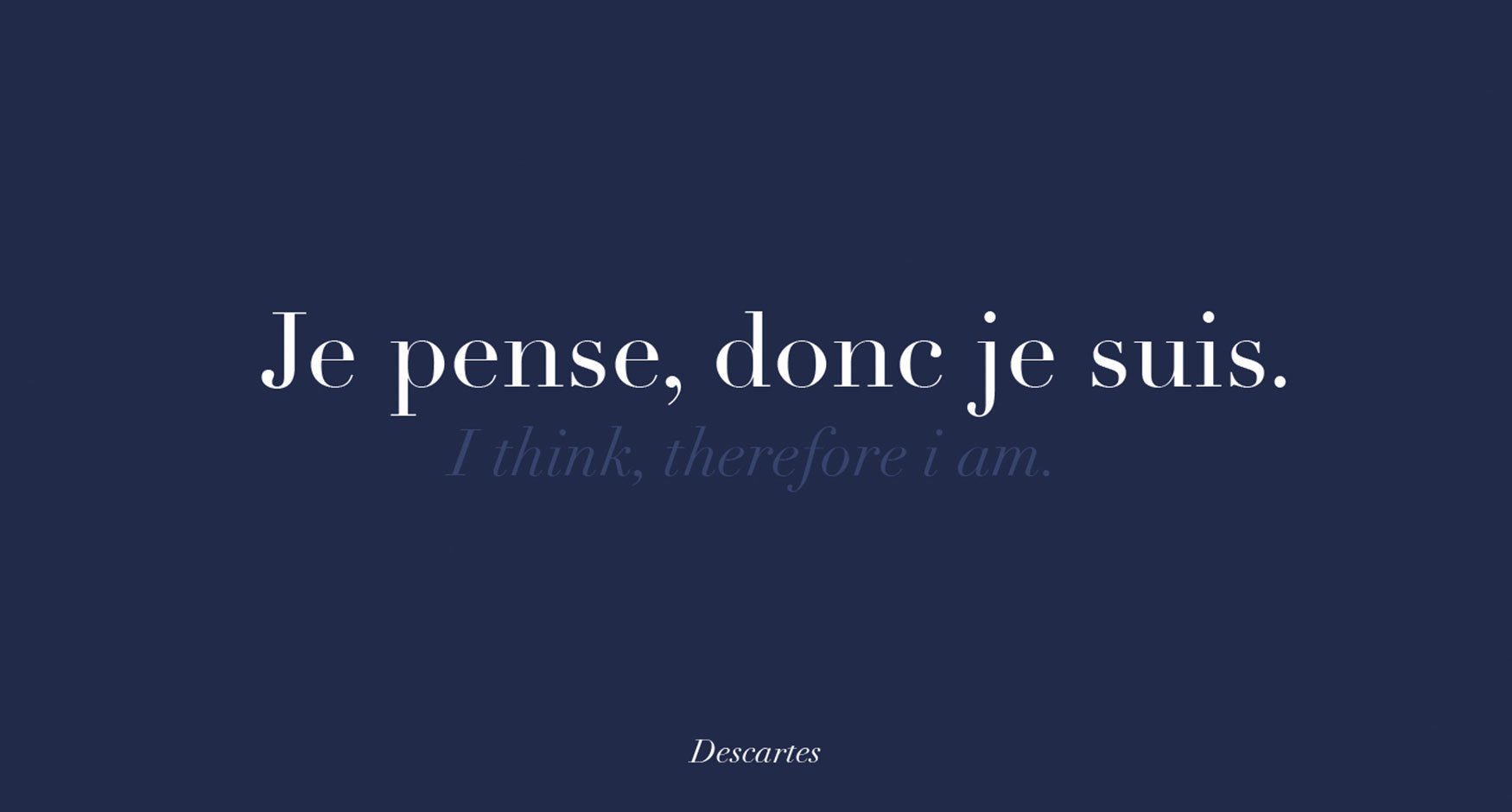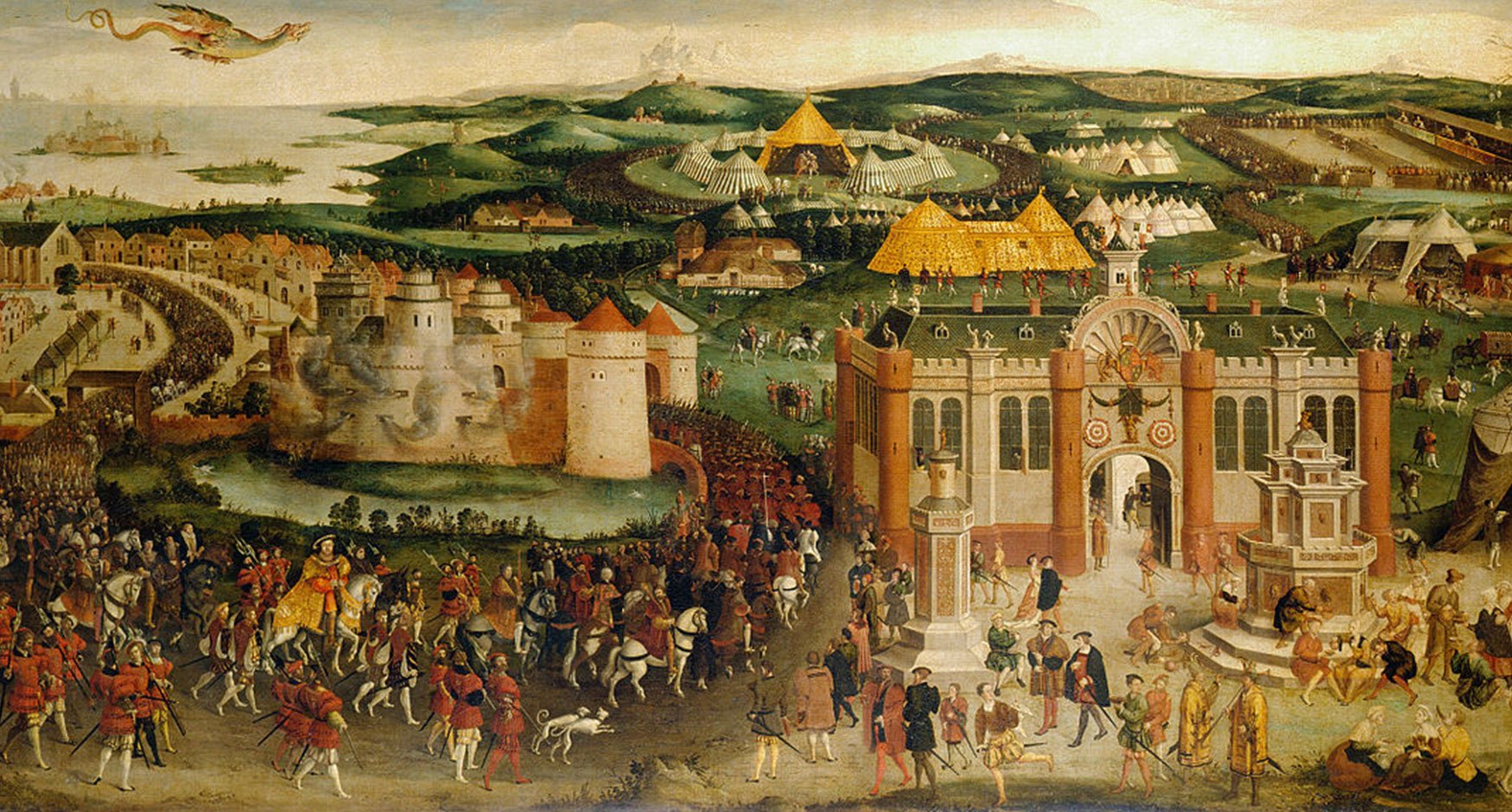
7- June 24 1520: The Field of the Cloth of Gold

Context
This political encounter dates back to 1519. After the emperor of the Holy Roman Empire, Maximilian Ist passed, the French and the Spanish kings became candidates for the imperial election. The successor of the throne was chosen by the seven leading voters of the empire who chose a candidate based on his capabilities, his long-term vision for the empire, his inclination to work for the good of the people...
Obviously not!... In actuality, the voters would decide on a candidate based on how much money they have given. François I had offered 1.5 tons of gold and Charles of Hapsburg had offered 2 tons. After keeping all the gold gifted by François, the board elected Charles of Hapsburg as successor to the throne, who then became Charles Quint, (the fifth).
This new empire reunited Spain, the major part of Italy, Germany, Belgium, the Netherlands, Austria as well as lands owned by Spain and Holland in America and Asia. It became "the empire where the sun never sets" and surrounded the French kingdom on all its borders. To lessen this grip, François I sought new allies and turned to Henry VIII's Britain.
The Field of the Cloth of Gold
The encounter between the French king François I and the English king Henry VIII, took place in northern France near Calais which was then under English ruling.
The two kings set out to demonstrate their wealth and put up tents assembled by villagers.
On the English side, more than 2000 workers put up the royal tent, a monumental castle which they called "Crystal Palace" for its display of frosted mirrors, which was a remarkable instillation for the era. With a circumference of 10,000sq. meters, the edifice with two red wine fountains accommodated the king and all his staff.
On the French side, the royal tent was less innovative but demonstrated an oversaturation of luxury and sophistication with its gold cords from Cyprus and blue silk from Turkey that held azure cloths embroidered with golden fleur de lys. Over 140 carts of construction material was needed for its completion.
All around the royal tents, the Greats of both kingdoms began setting up their own tents (about 6000 invited per kingdom). Visitors of that era began calling the field the "8th wonder of the world" to express the extent of riches and gilts.
As always, a battle of ego...
During the first couple of days, the kings acted as friends, drinking, eating, laughing, celebrating, and hugging. An agreement should have been sealed quickly...
But it should be noted that the battle of the ego insidiously changed this relationship...
François I was better looking, funnier, taller, and had more success with the ladies... Henry VIII became frustrated, and against all protocol, challenged François I to a battle.
François I accepted the challenge and beat him flat out... Without realizing, the king of France had just eliminated all chances of sealing an agreement with Britain.
This encounter thus ended, and the tents were taken down without an agreement between both kingdoms. Only loose promises were exchanged.
Epilogue, poor François
Two weeks after the field of the cloth of gold, the king of Britain met with the emperor Charles Quint and signed an alliance against France with him...
An alliance that would win the battle of Pavia in 1525, during which François I was be captured by the imperial troupes, the day of.... Charles Quint's birthday!
Poor François....

